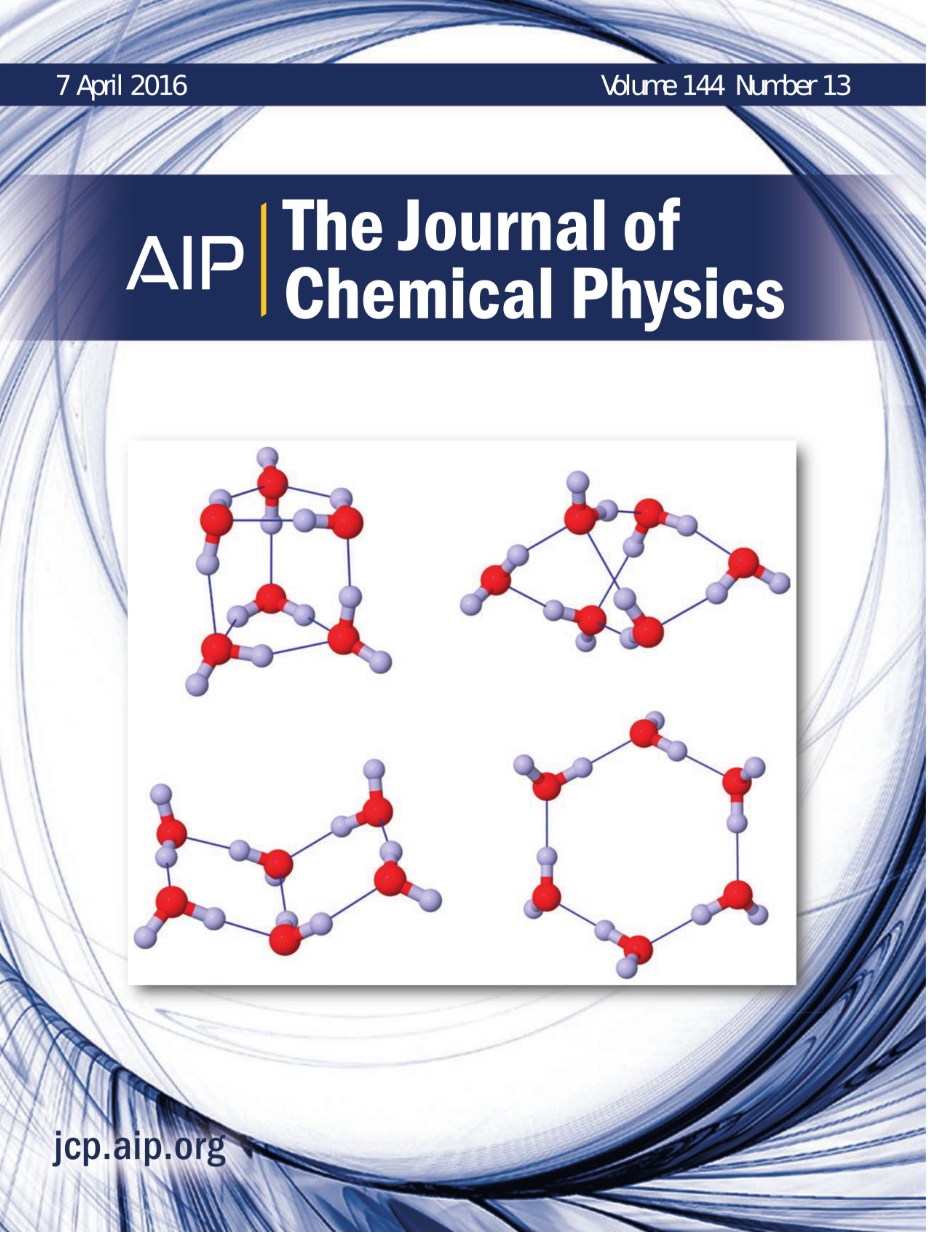In this work, we describe new experimental setups for Fluorescence Correlation Spectroscopy (FCS) where a long working distance objective is used. Using these setups, FCS measurements in a broad temperature range for a small sample volume of about 50 μl can be performed. The use of specially designed cells and a dry long working distance objective was essential for avoiding temperature gradients in the sample. The performance of the new setups and a traditional FCS setup with immersion objectives is compared. The FCS data in combination with the Stokes-Einstein (SE) relation were used to obtain the values of the nanoviscosity of a fluid. We show for selected molecular van der Waals supercooled liquids that despite the fact that in these systems, a characteristic length scale can be defined, the nanoviscosity obtained from FCS is in a very good agreement with the macroscopic (rheometric) viscosity of the sample in a broad temperature range. This result corroborates the applicability of the SE relation to supercooled liquids at temperatures above 1.2 Tg. We also show that the temperature dependent size of thermoresponsive microgel particles can be determined by FCS using the designed cells and a long working distance objective in a broader size range without a need to use the correction procedure since the size correction is proportional to the square of the ratio of the hydrodynamic radius to the confocal volume size.

